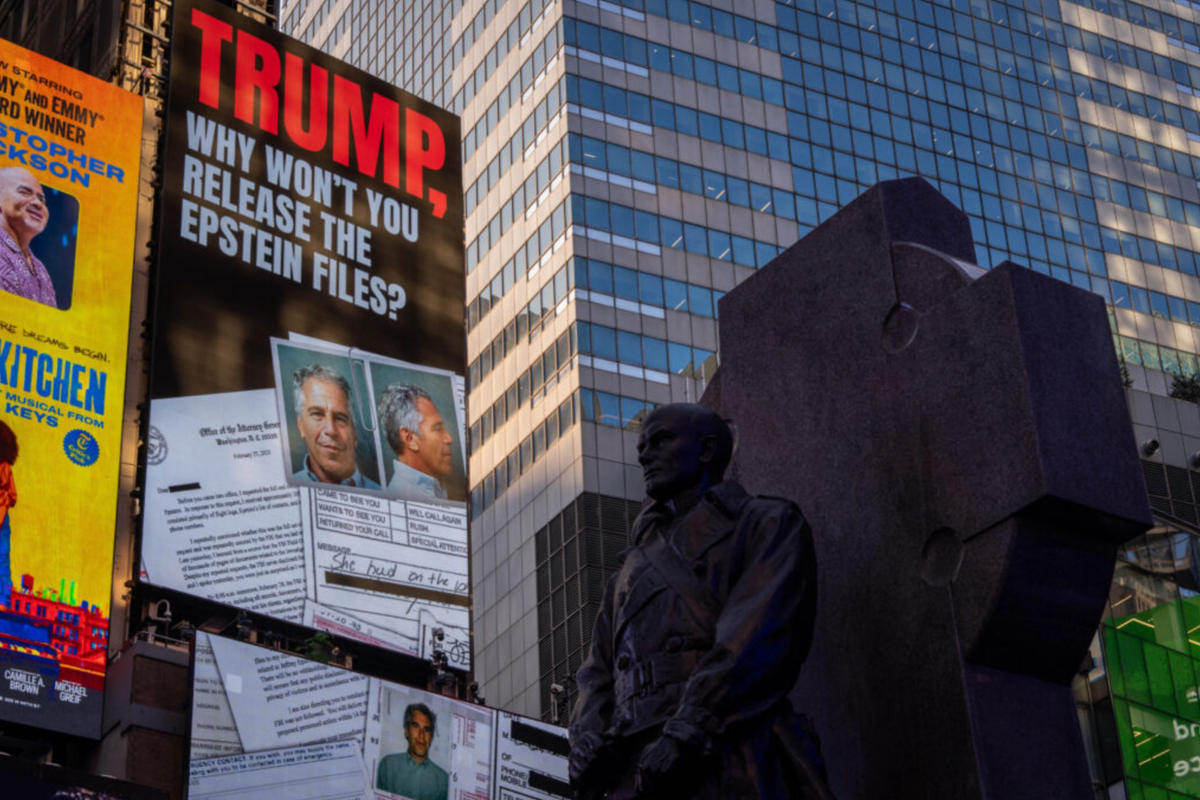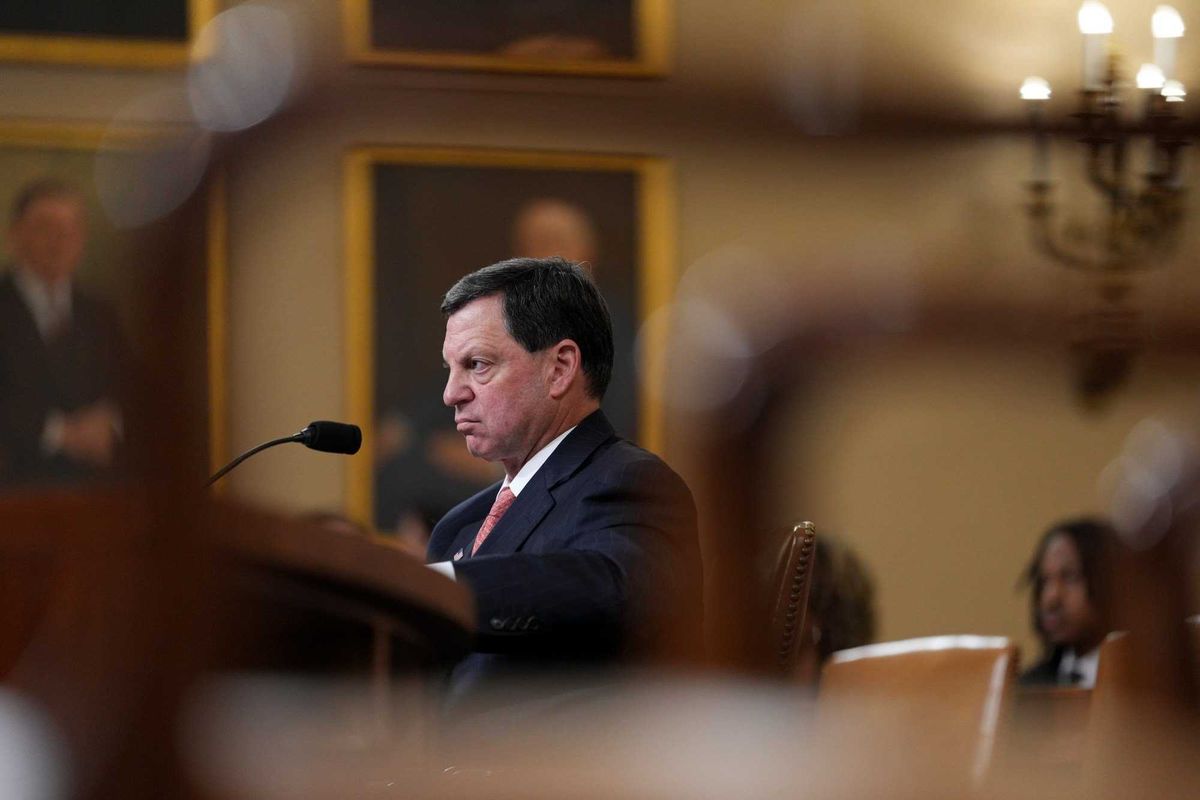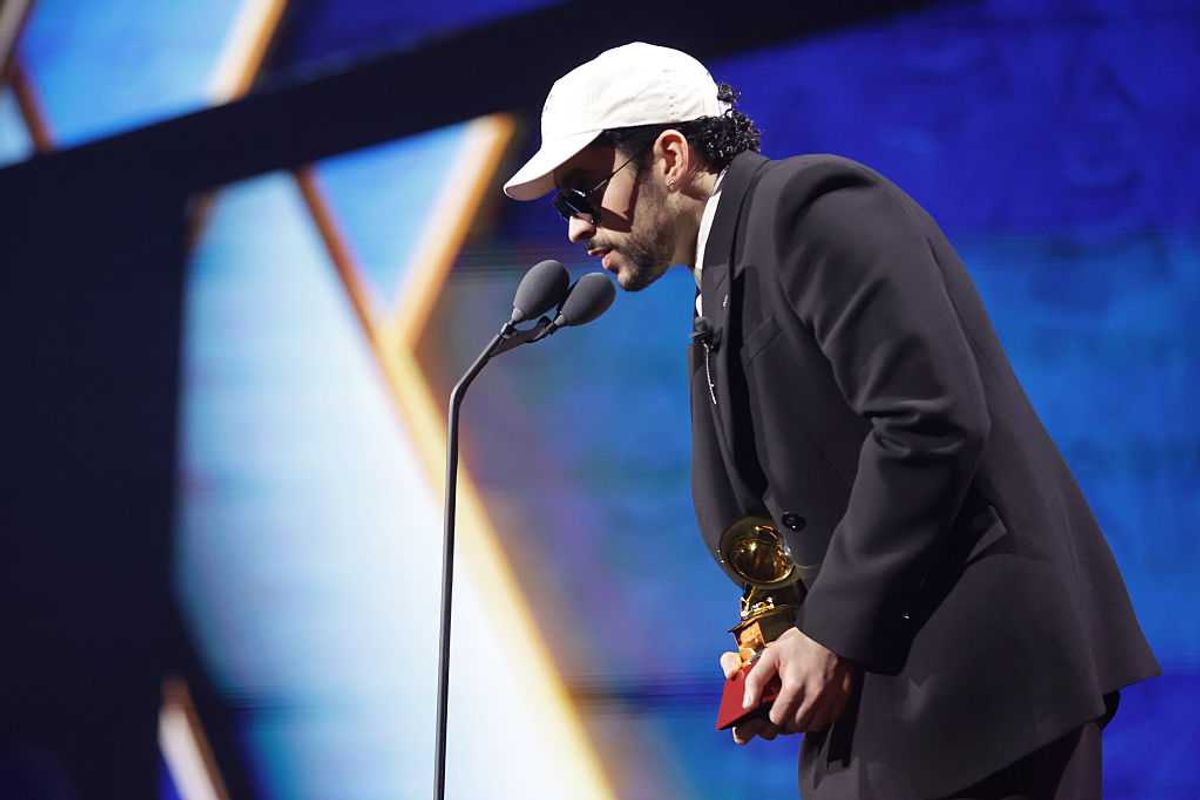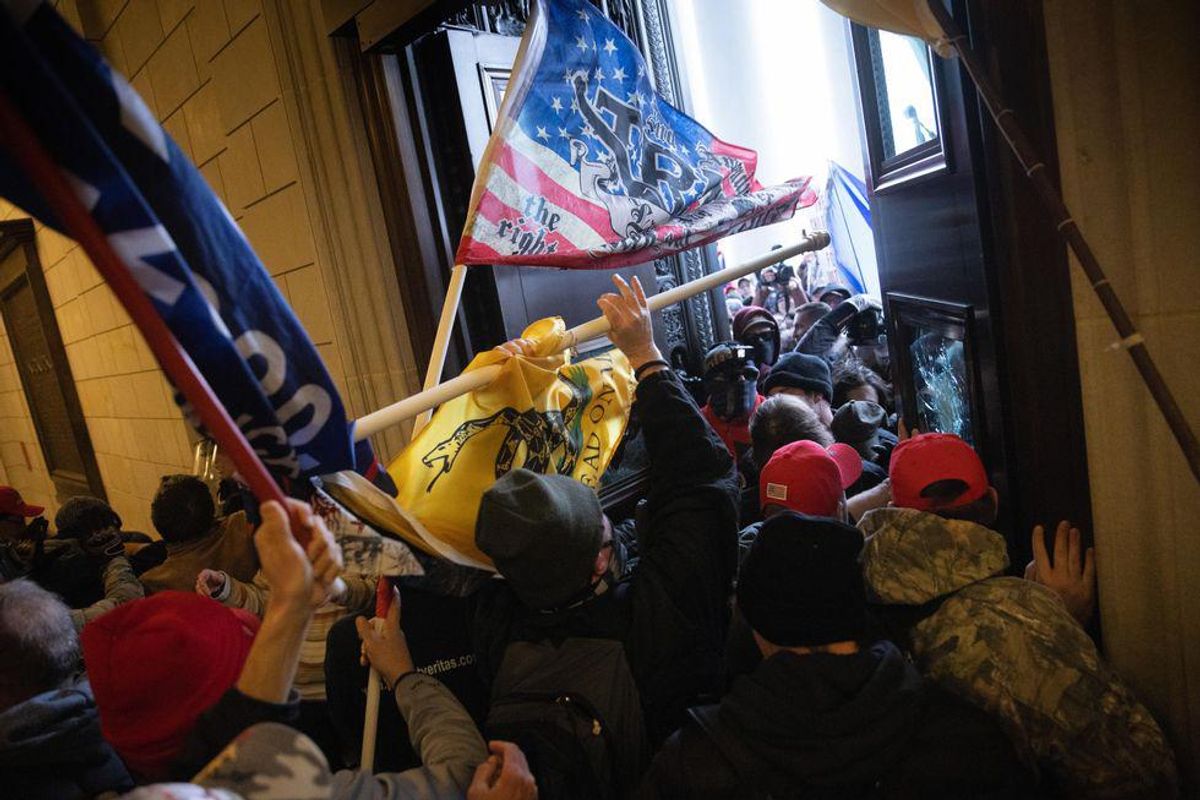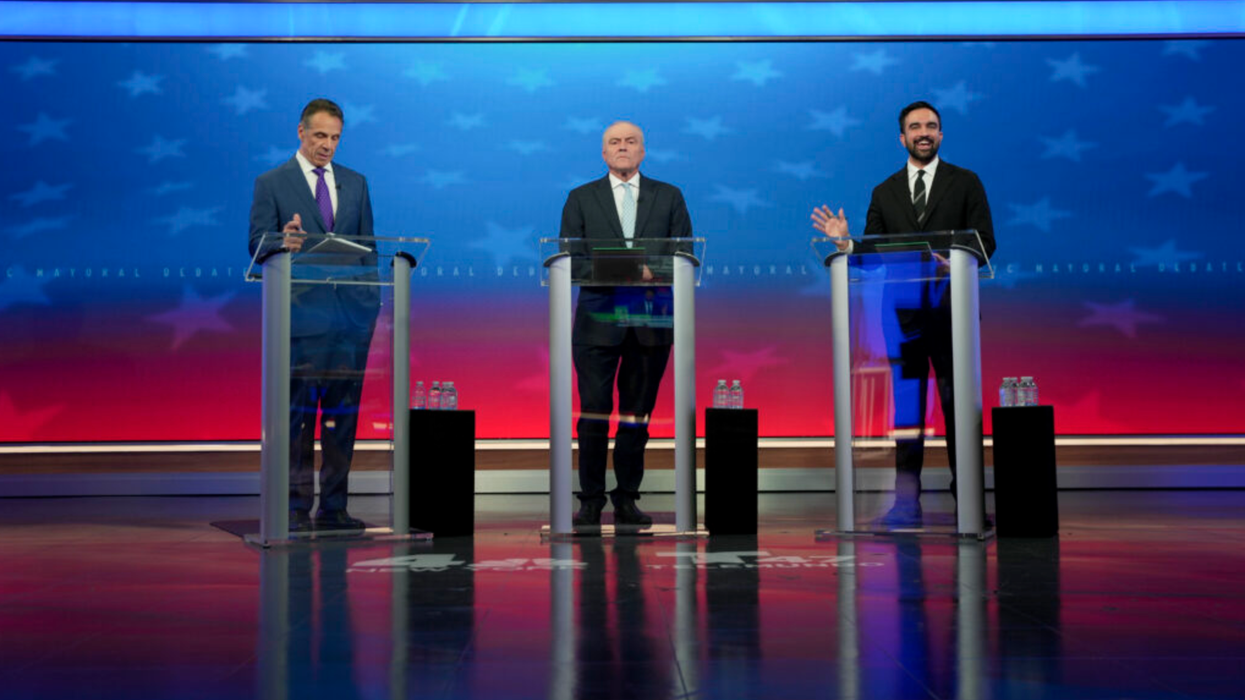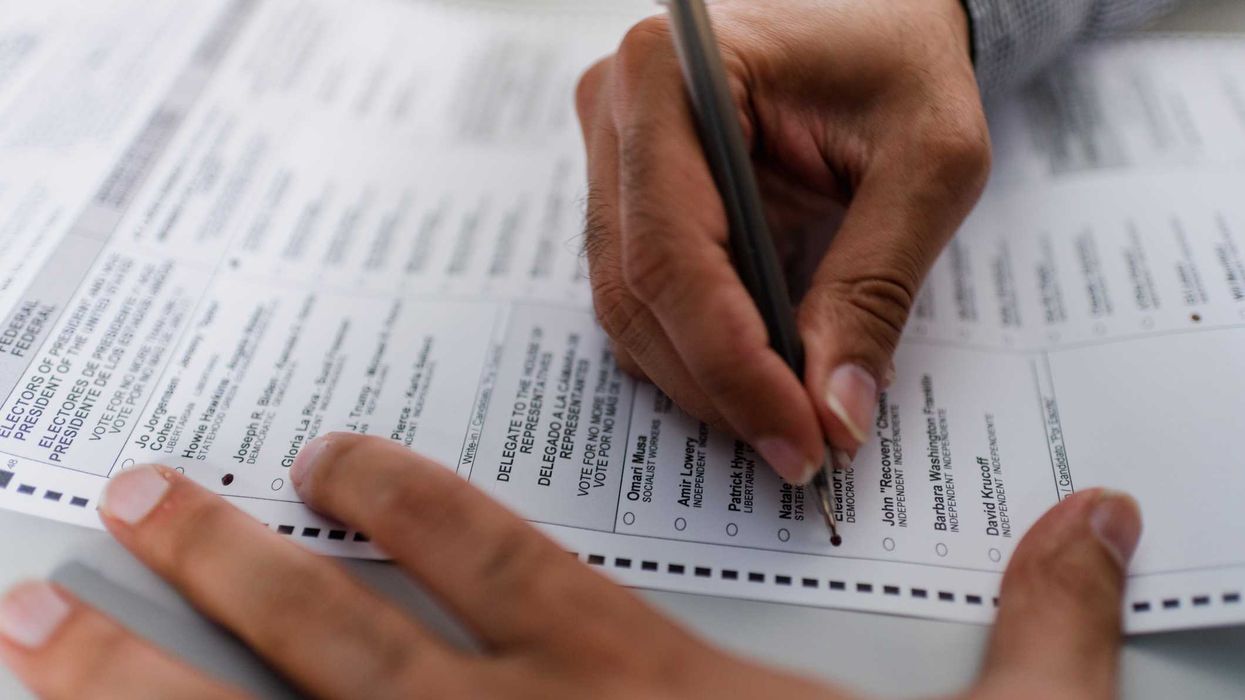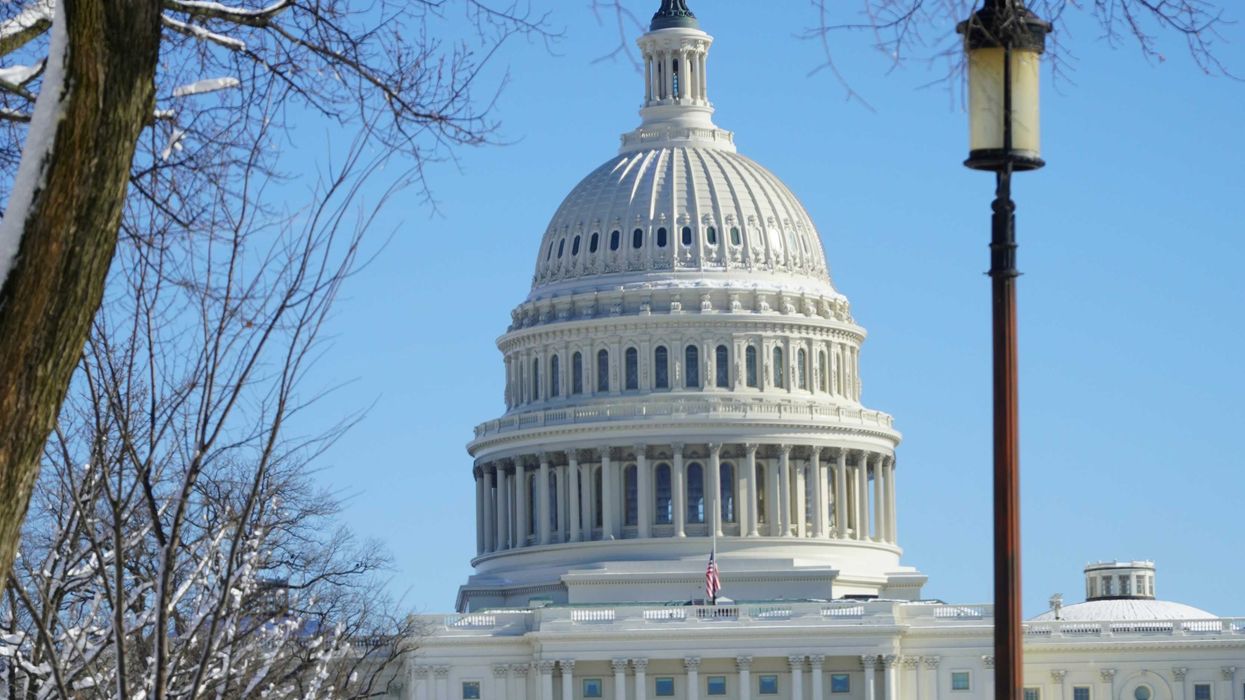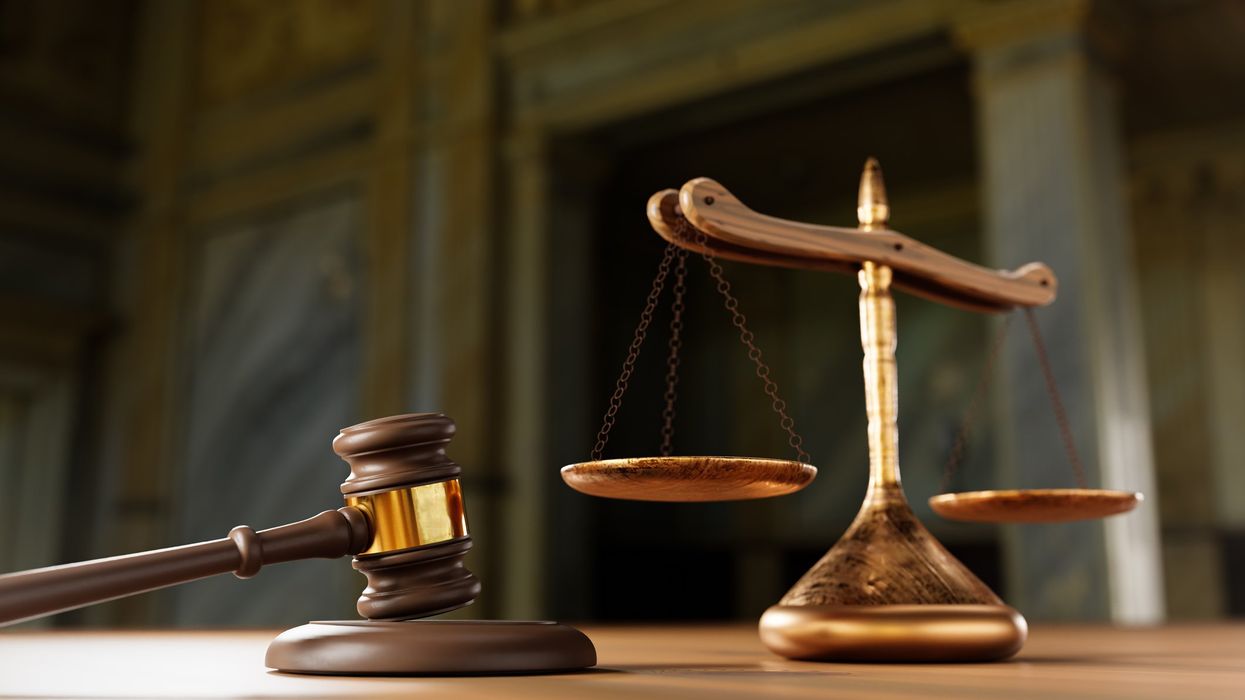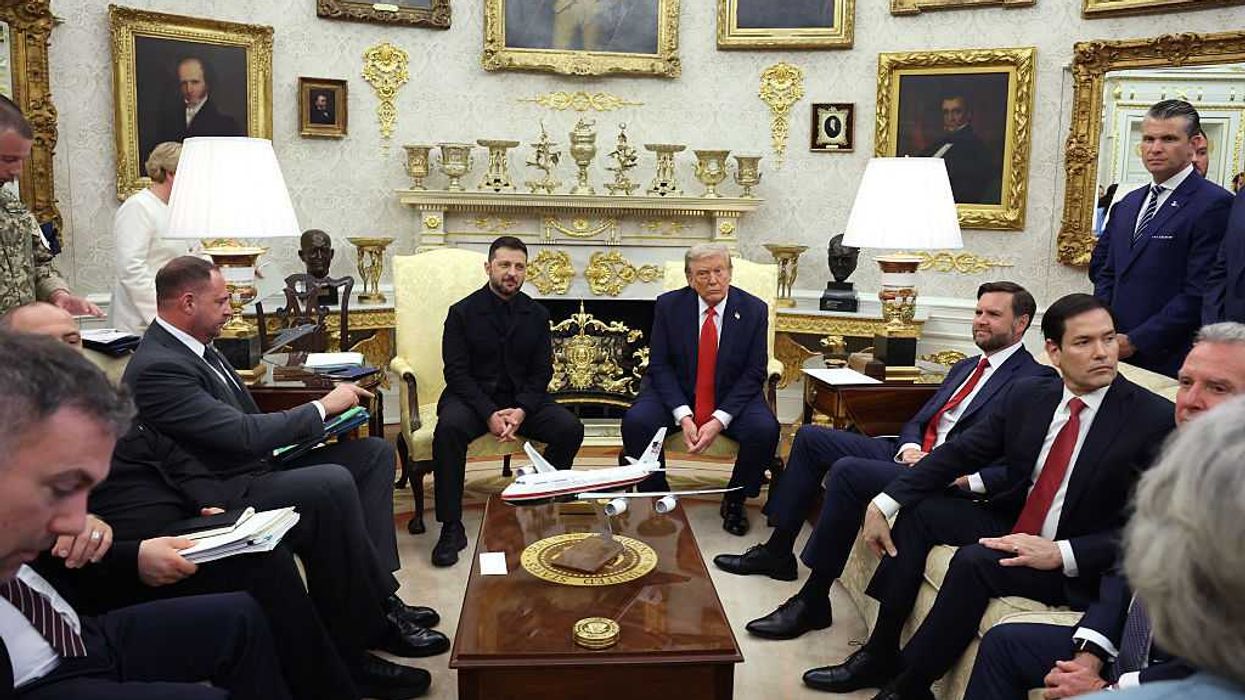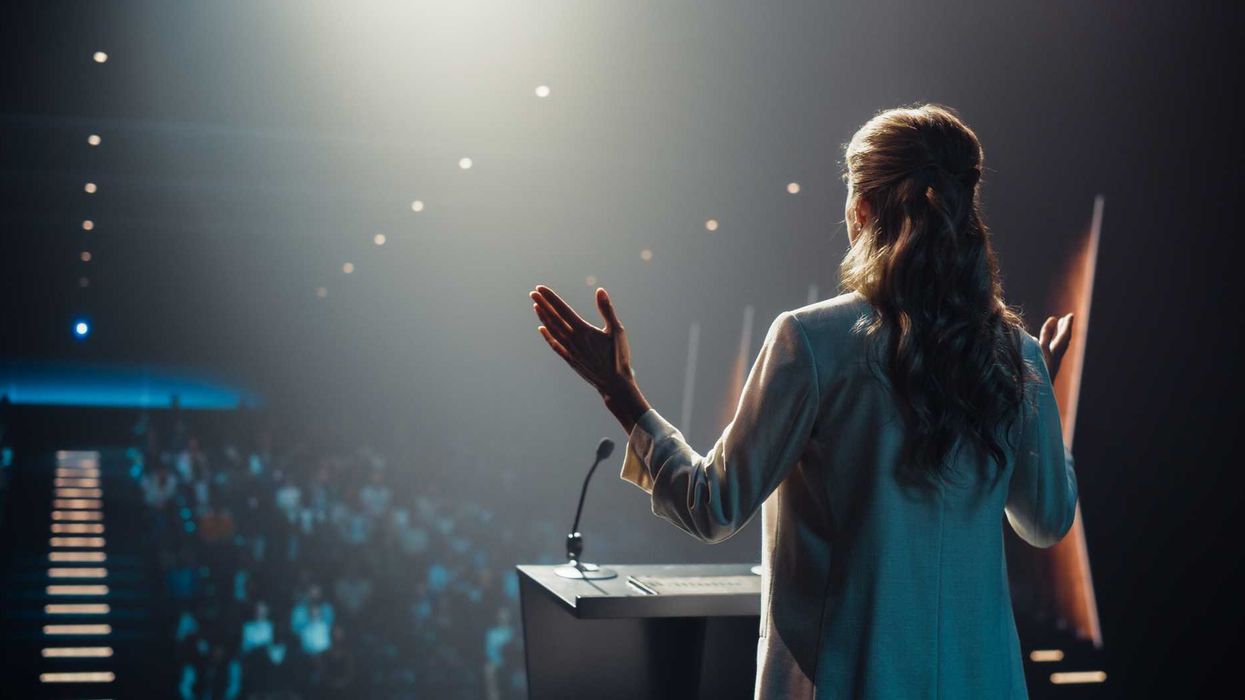It’s a generous tip. It’s the stage name of a Tanzanian musician. It’s the increase in U.S. retail coffee prices in the last year.
It’s also the portion of New York City’s registered voters who turned out for the mayoral Democratic primary back in June.
That’s right — just more than a million New Yorkers voted in the primary in June, out of more than five million registered voters. There are about 8.5 million New Yorkers total, which means that only one-eighth participated in that election.
Of that one-eighth, 573,169 New Yorkers voted for democratic socialist Zohran Mamdani. In other words, he won just 1/16 of the total population of the city. The rest voted for someone else or stayed home.
It was obviously enough for Mamdani, a previously unknown state assemblyman, to catapult over former Gov. Andrew Cuomo, incumbent Mayor Adams, Republican Curtis Sliwa, and several other lower-ranked candidates. Since then, he’s maintained a steady and commanding lead.
Thursday night’s debate, the first since that primary, could have been a decisive blow to Cuomo and Sliwa, the only two remaining candidates with enough voters and cash to make it on the stage. But it wasn’t — this race is anything but over.
Scores of national and local Democrats, as well as media figures, have touted Mamdani’s seeming inevitability, and probably saw in the debate another slam dunk. After all, he’s ahead of Cuomo, his nearest competitor, by double digits in the latest polls.
But it’s important to remember, the polls also had Cuomo handily winning the primary. Cuomo has also gained 10 points since Adams dropped out. And this debate was the first time many New Yorkers even tuned in to this election.
I’ve been covering the mayor’s race since the primary, and Mamdani’s unexpected rise has been much of the focus, as has his comfortable lead over his opponents. It’s been a race of big personalities and egos, themes of scandals and corruption, issues of affordability and crime. And it’s not just a local election — this race has been nationalized by Democrats as well as Republicans all the way up to President Trump, who’s been lobbing threats against Mamdani on an almost daily basis.
So presumably, lots of people all over the country tuned into the debate, where Cuomo and Mamdani sparred on everything from Israel to sexual harassment, rent freezes to free buses. And where Sliwa got his attacks in on both candidates — the architect and the apprentice, as he repeatedly referred to Cuomo and Mamdani, respectively.
All three candidates landed some good zingers. Cuomo accused Mamdani of inexperience, quite fairly, saying his only job has been interning for his mother. Mamdani turned the experience issue back on Cuomo, saying, “If we have a health pandemic, then why would New Yorkers turn back to the governor who sent seniors to their deaths in nursing homes? That’s the kind of experience that’s on offer here today.”
And Sliwa painted both candidates as out-of-touch politicians who don’t know New York as well as he does.
But no candidate was vanquished. Mamdani showed some weakness on issues of policing and Israel, admitting he was learning — seemingly for the first time — about historic attacks on Jews and the job cops have to do in a city as big as New York. Cuomo’s history of scandals was front-and-center, reminding New Yorkers that he was far from a perfect leader, and doesn’t seem to feel any remorse for his very public failings. And Sliwa, running in third place, at times seemed like an afterthought, even chiding the moderators for ignoring him.
If we’re being generous, Mamdani may have done no harm in his debate performance, but he’s no shoo-in either.
For one, New York City is liberal, yes. But it’s not Portland-liberal. If voters were tuning in for the first time, they heard about socialism, free handouts, no real plan to pay for giant subsidies, social workers where cops should be, and decriminalizing a number of societal ills. We already know the financial, real estate, and business sectors are wary of Mamdani’s socialism — plenty of voters are too.
For another, New York Jews are a huge voting population, and Cuomo did a good job of reminding them that Mamdani has at times refused to denounce Hamas.
Both Cuomo and Sliwa also did a good job of laying out the stakes of electing someone to run the biggest city in the country who hasn’t run, well, anything…calling out Mamdani’s proposals as naïve fantasies.
There are a bit more than two weeks left until New Yorkers decide their fate. In politics, that’s both a blink of an eye and a lifetime. Anything can happen — and knowing New York, it probably will.
S.E. Cupp is the host of "S.E. Cupp Unfiltered" on CNN.
This Mayoral Debate Was Anything but Decisive was originally published by the Tribune Content Agency and is republished with permission.
